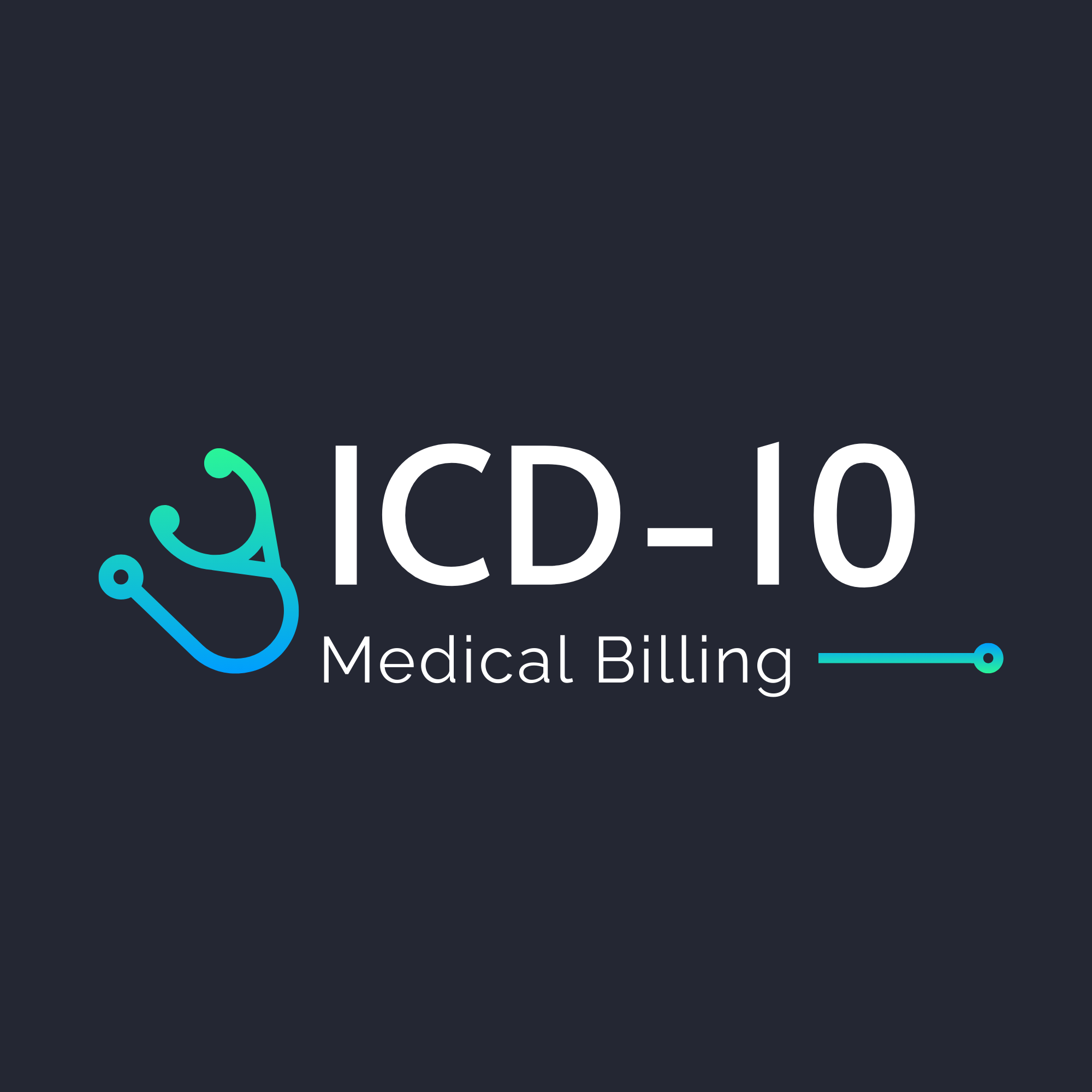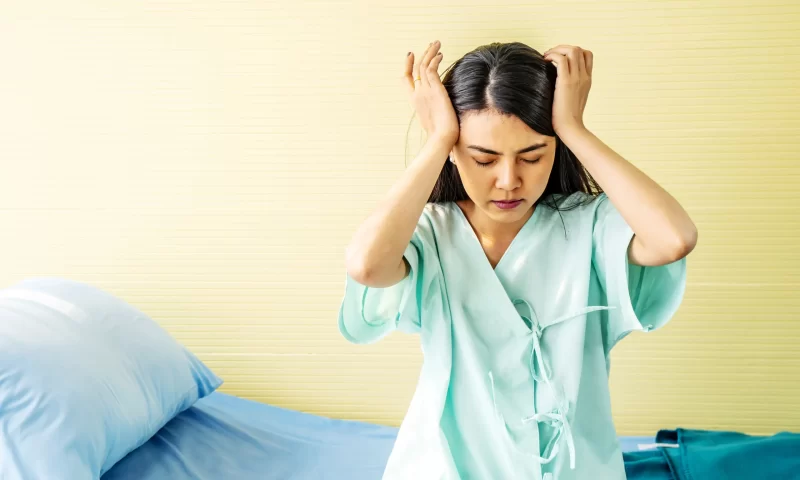A headache is a pain or tension in the head or face area. It can vary in intensity from mild to severe and can last from a few minutes to several days.
Types of Headaches
- Tension Headaches
- The most common type.
- Feels like a tight band around the head.
- Often caused by stress or muscle tension.
- Migraine Headaches
- Severe, throbbing pain usually on one side of the head.
- Can be accompanied by nausea, vomiting, and sensitivity to light and sound.
- Cluster Headaches
- Intense pain around one eye.
- Occurs in clusters, happening several times a day for weeks or months.
- Sinus Headaches
- Caused by sinus infections.
- Pain and pressure around the forehead, cheeks, and eyes.
- Rebound Headaches
- Result from overuse of pain medication.
- Often occur when the medication wears off.
Causes of Headaches
- Stress and Anxiety
- Emotional stress can lead to muscle tension and headaches.
- Lack of Sleep
- Poor sleep quality or insufficient sleep can trigger headaches.
- Dehydration
- Not drinking enough water can cause headaches.
- Dietary Factors
- Certain foods and drinks, like caffeine, alcohol, and processed foods, can trigger headaches.
- Medical Conditions
- Conditions like high blood pressure, infections, or sinus problems can cause headaches.
Symptoms of Headaches
- Pain
- Throbbing, sharp, or dull pain in the head or face.
- Nausea
- Feeling sick to the stomach, often associated with migraines.
- Sensitivity to Light and Sound
- Common with migraines, making it difficult to be in bright or noisy environments.
- Blurred Vision
- Vision problems may occur, especially with migraines.
- Fatigue
- Feeling very tired or lacking energy.
Diagnosis of Headaches
- Medical History
- Doctor will ask about symptoms, frequency, and triggers.
- Physical Examination
- Checking for signs of other medical conditions.
- Imaging Tests
- In some cases, CT scans or MRIs may be needed to rule out serious conditions.
Treatment of Headaches
- Over-the-Counter Medications
- Pain relievers like ibuprofen, acetaminophen, or aspirin.
- Prescription Medications
- Stronger medications for severe headaches or migraines.
- Lifestyle Changes
- Stress management techniques, regular sleep patterns, and a healthy diet.
- Alternative Therapies
- Acupuncture, massage, and relaxation techniques can help reduce headache frequency.
- Hydration
- Drinking plenty of water to avoid dehydration.
Prevention of Headaches
- Regular Sleep
- Maintain a consistent sleep schedule.
- Healthy Diet
- Avoiding known dietary triggers and eating a balanced diet.
- Stress Management
- Practicing relaxation techniques like yoga or meditation.
- Hydration
- Drinking enough water throughout the day.
- Exercise
- Regular physical activity can help reduce stress and improve overall health.
When to See a Doctor
- Frequent Headaches
- If you have headaches more than once a week.
- Severe Pain
- If the pain is unbearable or different from usual headaches.
- Other Symptoms
- If you have symptoms like fever, confusion, or vision problems.
- No Relief from Medication
- If over-the-counter medications do not help.
Conclusion
Headaches are a common but often manageable condition. Understanding the types, causes, and treatments can help you better cope with headaches and improve your quality of life. If you experience frequent or severe headaches, it is important to seek medical advice to determine the underlying cause and appropriate treatment.
Stay informed with ICD Med-Billing for the latest updates on ICD-10 codes.




